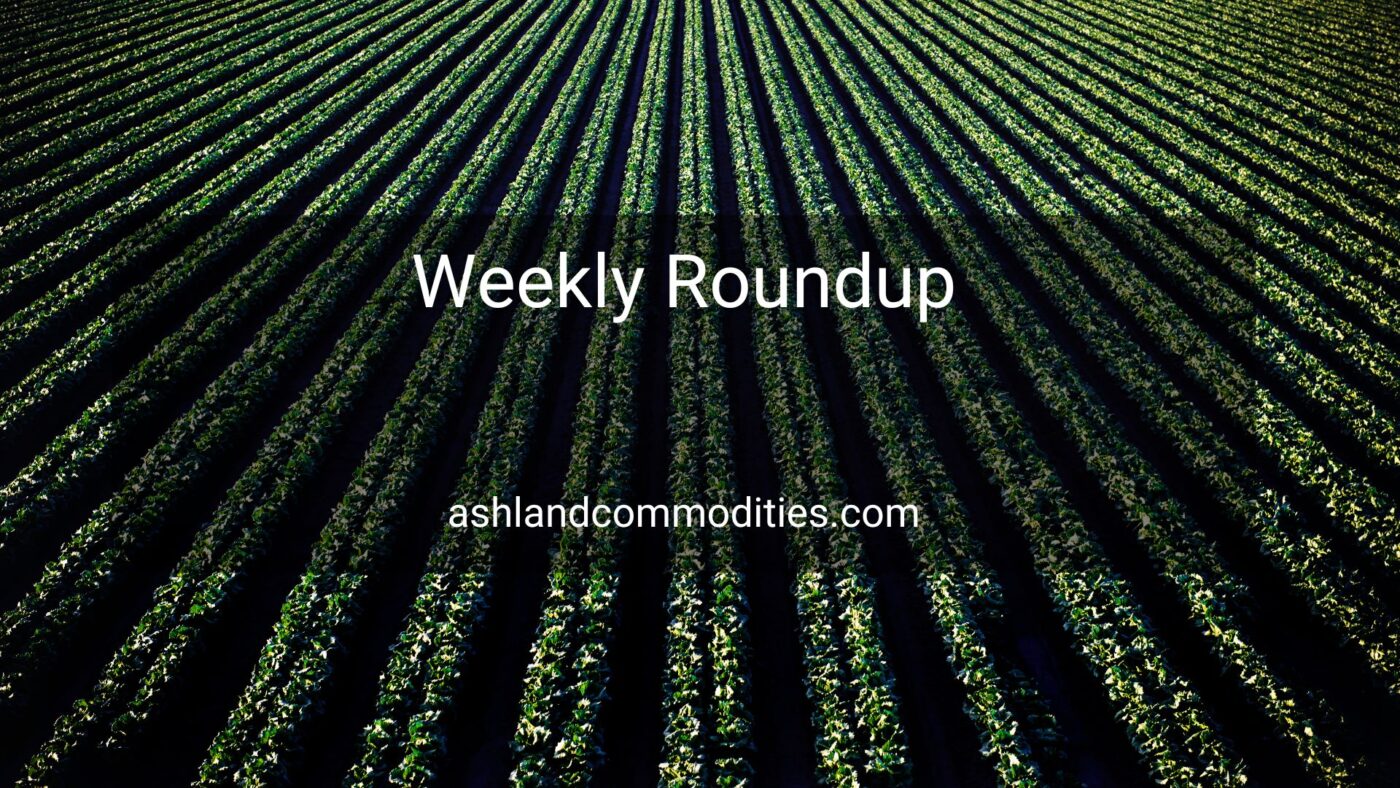COVID CASES IN CHINA CONTINUE TO CAUSE LOCKDOWNS
Continuing to call forward demand into question, China seems to be struggling with some real issues on the COVID front. There are a number of sources out there saying that they have completely lost control of the outbreak. In turn, this has caused rare outbursts against Xi’s rule in the form of protests. What does this mean for grain demand? In the short term, lockdowns could signal demand destruction. Longer term, any sign of a reopening could increase demand to some extent.
RUSSIAN OIL PRICE CAP GAINS TRACTION
Europe agreed to cap the price of Russian oil at $60/bbl. From CNN below:
“Today, the European Union, the G7 and other global partners have agreed to introduce a global price cap on seaborne oil from Russia,” von der Leyen said, adding that it would strengthen sanctions on Russia, diminish Moscow’s revenues and stabilize energy markets by allowing EU-based operators to ship the oil to third-party countries provided it is priced below the cap.”
Ultimately, how the cap will work is a different question. Logically, one would think that it would reduce demand as Russia would simply refuse to sell at the proposed cap – that is, unless they found themselves in a pinch revenue wise and agreed to sell below the cap.
PUTIN OPEN TO TALKS ON RUSSIA/UKRAINE WAR
Putin this week indicated that he was open to talks in the Russia/Ukraine war – as long as the annexed regions of Ukraine were recognized. Seems like a bit of a long shot, but it appears that he is continuing to try to work different angles. In the grand scheme of things, if the war ended tomorrow it would likely be very bearish – at least initially. Longer term, logistics, infrastructure, and acreage increases would need to be occur in Ukraine before they could export like they used to.
WHEAT CLOSES AT LOWEST PRICE SINCE FEBRUARY 2022
It seems the markets are starting to take a closer look at the fundamentals of the wheat market. During the month of November the front month Chicago wheat contract lost over $1.00/bu in value as US exports slowed and there was a lack of new bullish fundamentals. Sure, the wheat crop is incredibly dry, but it’s also mostly dormant, so there should be no more news/adverse impacts until we get closer to spring.
The threat of a US rail strike is officially over. This week the House entered, and passed, a bill to ratify the original September agreement. Shortly after passing the House it passed the Senate and was then signed into law by President Biden. This is good news for US grains as the amount of ‘stranded’ grain will be limited moving forward.

